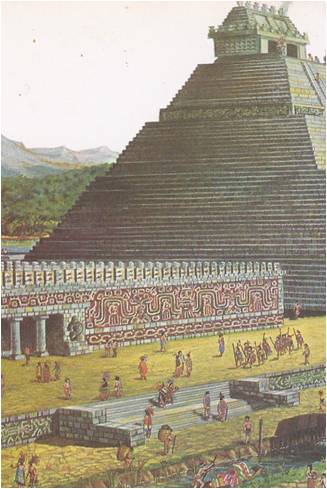VETERANS or the Union Army, returning to their home towns in New England or the Middle Atlantic states after the war were surprised at what they saw. They had grown up in towns where most of the people lived by farming, while the rest sold things to farmers or worked in local workshops. Perhaps a mill and a factory had stood on the bank of the town’s river. The farms, stores and workshops remained, but now there were many new brick buildings used for factories, mills and warehouses. American industry, concentrated in the river valleys and ocean ports of the …
Read More »The Road to Yorktown 1777 – 1781
The big English setter did not look like a stray dag. When it came wandering into Washington’s camp one day in the fall of 1777, a soldier brought it to his officer. The officer took it directly to Washington’s headquarters and pointed out the name on the dog’s collar–“General Howe.” Washington had the dog fed while he wrote a polite note to General Howe. Half an hour later, the dog and the note were sent to the British camp under a flag of truce. The incident was not important, but it gave the Americans something to laugh and joke about …
Read More »The Final Break 1776
The fog was lifting over New York early on the morning of June 29, 1776, when a man named Daniel McCurtin happened to glance out over the bay. At first he saw nothing but mist hanging low over the water then suddenly he blinked and stared in amazement. Later he tried to describe the scene. He wrote that he had “spied as I peeped out the Bay something resembling a wood of pine trees trimmed. I declare, at my noticing this, that I could not believe my eyes, but keeping my eyes fixed at the very spot, judge you of …
Read More »A Divided Country 1776
One chilly morning in April, General Howe stepped out of his Boston headquarters and stared in amazement at a hill called Dorchester Heights, to the south of the city. It had been fortified during the night by George Washington’s rebel army. Strong breastworks of ice blocks and brown earth ran along the crest of the bill. Above the steepest slopes, barrels filled with rocks stood balanced, ready to be sent tumbling down the hill in the path of attacking troops. Studying the hill through his glass, Howe could make out several companies of riflemen and some units with muskets. What …
Read More »War Begins on Lexington Green 1775
On the evening of April 18, 1775, Paul Revere quietly made his way through the dark streets of Boston to the Charles River. At the river’s edge he hid in the shadows, watching and waiting. He kept a sharp lookout for British patrols. Spies had brought the patriots word that the British were to launch a surprise attack; Revere, William Dawes and other members of the Sons of Liberty had made careful plans to warn the countryside. There could be no doubt that something was about to happen. Several days earlier, eight hundred of the best troops stationed in Boston …
Read More »Adventures in the New World 1519 – 1620
“I DID NOT come to till the soil like a peasant,” said Hernando Cortez. “I came to find gold.” His words echoed the thoughts of almost every Spaniard in the New World. The discovery of the sea route to the West had set off a great treasure hunt. Colonizing and slaughtering, building and plundering, the gold-hungry Spaniards won a Spanish Empire of the West. Conquistadores‚ they were called — the conquerors. None of the treasure-hunters was more cunning or ambitious than Hernando Cortez‚ who came to the island of Hispaniola in 1504. It was not until 1519 that the governor …
Read More »




